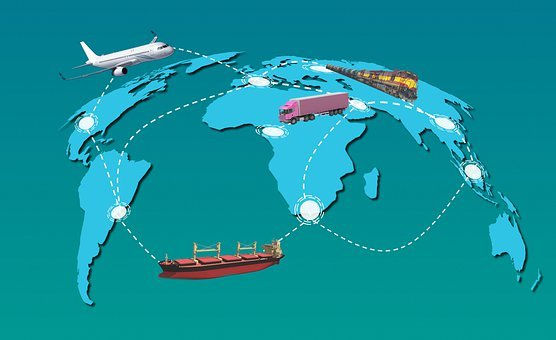How to choose the ‘best' freight forwarder?
- Karen Withers
- Dec 30, 2021
- 3 min read
There's nothing worse than unexpected costs, surprise delays, or poor communication while you're shipping product overseas. Having a strong partnership with your freight forwarder can help alleviate many of the shipping headaches but how do you choose the perfect company to collaborate with?
Freight Forwarding companies come in all shapes and sizes from single-owner, small offices with a few employees, mid-size regional, to large national and multi-national companies. All come with different expertise, specialties, and styles. Generally speaking, there isn't a 'best' forwarder but instead one that is best for your business. Here are six points to keep in mind when considering a freight forwarding partner.
Know your own needs. First you should fully understand what you need from a service provider and communicate that early and often. The forwarders are there to assist you by moving your product from point A to point B. Providing sales information, customer specifications and loading details is crucial in getting each shipment right. Sharing your shipping forecast, destination and volume, also helps them plan and prepare for future shipments. Knowing what you need and what you can expect from them enables your forwarder to provide the best service possible.
Ask what service options they provide. Do you need someone who can provide ocean and air freight or perhaps handle both exports and imports? Do you need someone who has dedicated contracts with carriers or global offices? Can they ship to any country and provide all documents, stamps and certificates you need? Are they creative with routing and proactive to mitigate risk? You don't necessarily need a forwarder that can do everything but instead someone who can provide excellent service for your markets.
Cost transparency. It's preferable when a forwarder is willing to provide a list of all costs associated with your trade lanes. Rates are of course subject to change but having an all-in price indication makes your job as the seller much easier than always needing to request a spot quote.
Do they specialize in your industry? A forwarder who understands your product, markets and routes will do a better job for you than one whose main goal is to move large volumes. If they have a focus on shipping agricultural products they will know your Phytosanitary, testing and documentation requirements for export and import. Not understanding this can cause issues with delayed or rejected cargo creating significant added costs.
Ensure they communicate well. Timely and clear correspondence is crucial when quoting an overseas customer. Not receiving rates and routing information when needed can easily miss a sales opportunity. Additionally, failing to advise customers of shipping delays can result in a loss of future business. Its important to express these needs to your forwarder so you can both be on the same page with expectations.
Do you work well together? Your forwarder may be the person you correspond with the most during the workday so you should get along well, communicate easily and effortlessly. It may take a couple transactions to fully understand how each other works but through communication that will improve quickly and you'll be able to create a great partnership.
It's recommended exporters not 'put your all eggs in one basket' with any service provider, freight forwarders included. Having a primary and secondary partner who may have different specialties such as; routes, rates, drayage partners, overseas offices, global network and regulatory connections is important, especially during the busy season.
Freight Forwarder goals are likely the same as you: move product on time, without problems and for a good price. Understanding they are your best ally and partner in shipping your product will help you both succeed.
For more information contact AgCultured Consulting.

.png)






Comments